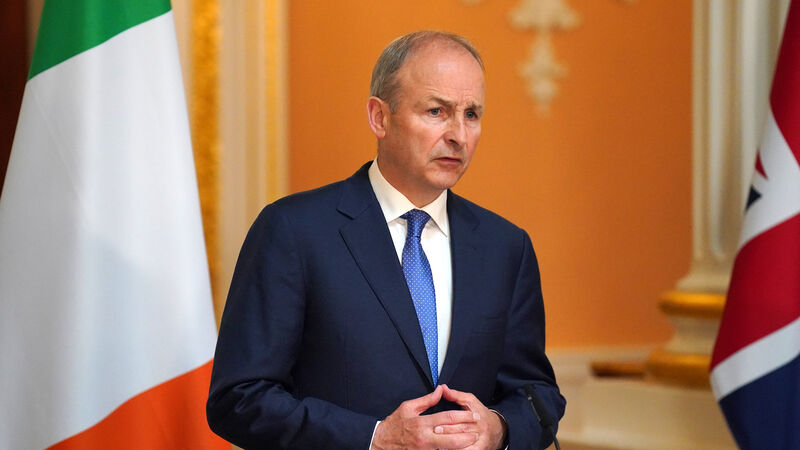Micheál Martin says Good Friday Agreement's potential for unity has not been fulfilled

Tánaiste and foreign affairs minister Micheál Martin during a press conference at Mansion House, in London, after the British Irish Intergovernmental Conference earlier this year.
Tánaiste Micheál Martin has said the potential for communities to reconcile as part of the Good Friday Agreement has not been fulfilled.
In an interview with the BBC, the Tánaiste declined to say whether he believed he would see a united Ireland in his lifetime, but said he had no doubt there would be “new political configurations” across the island.











